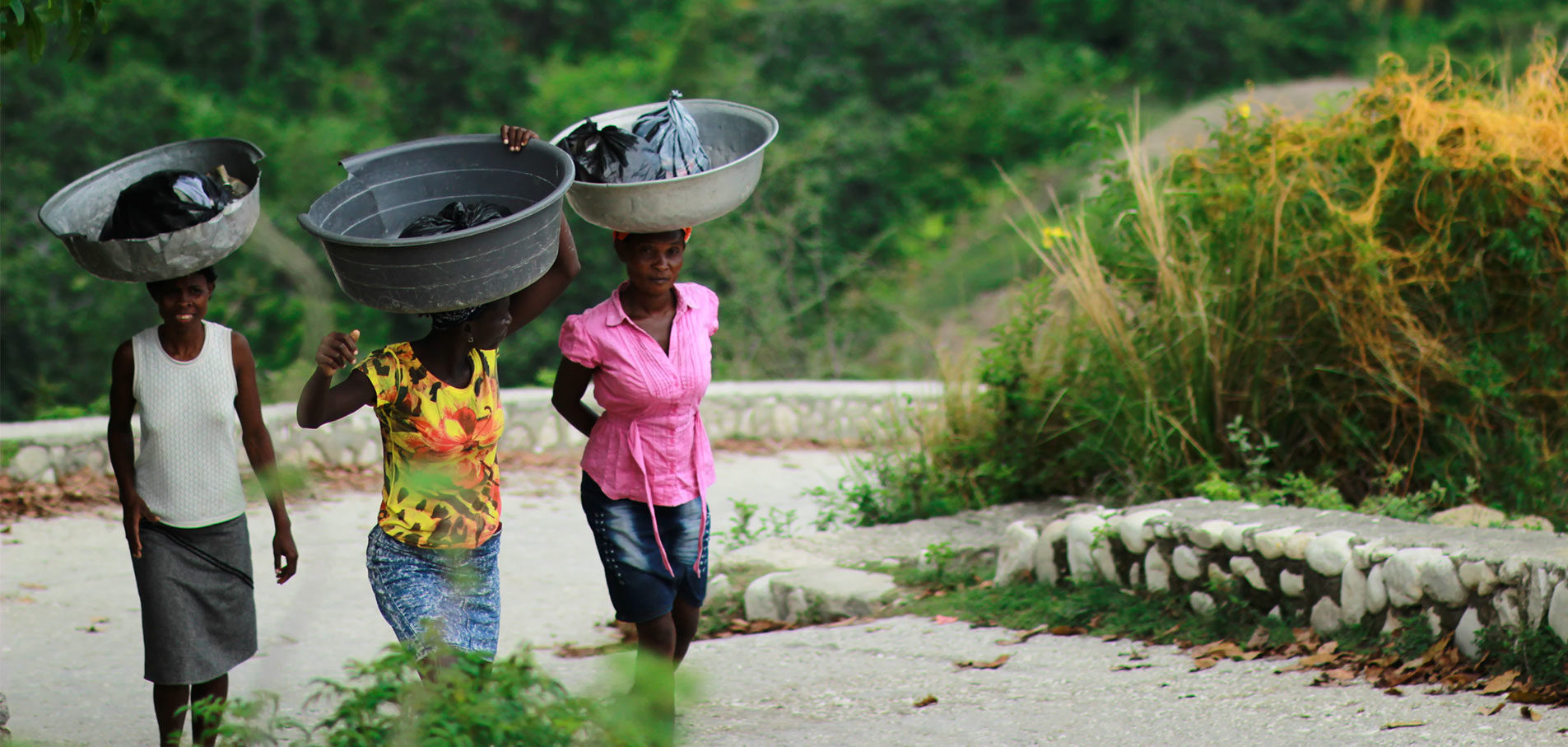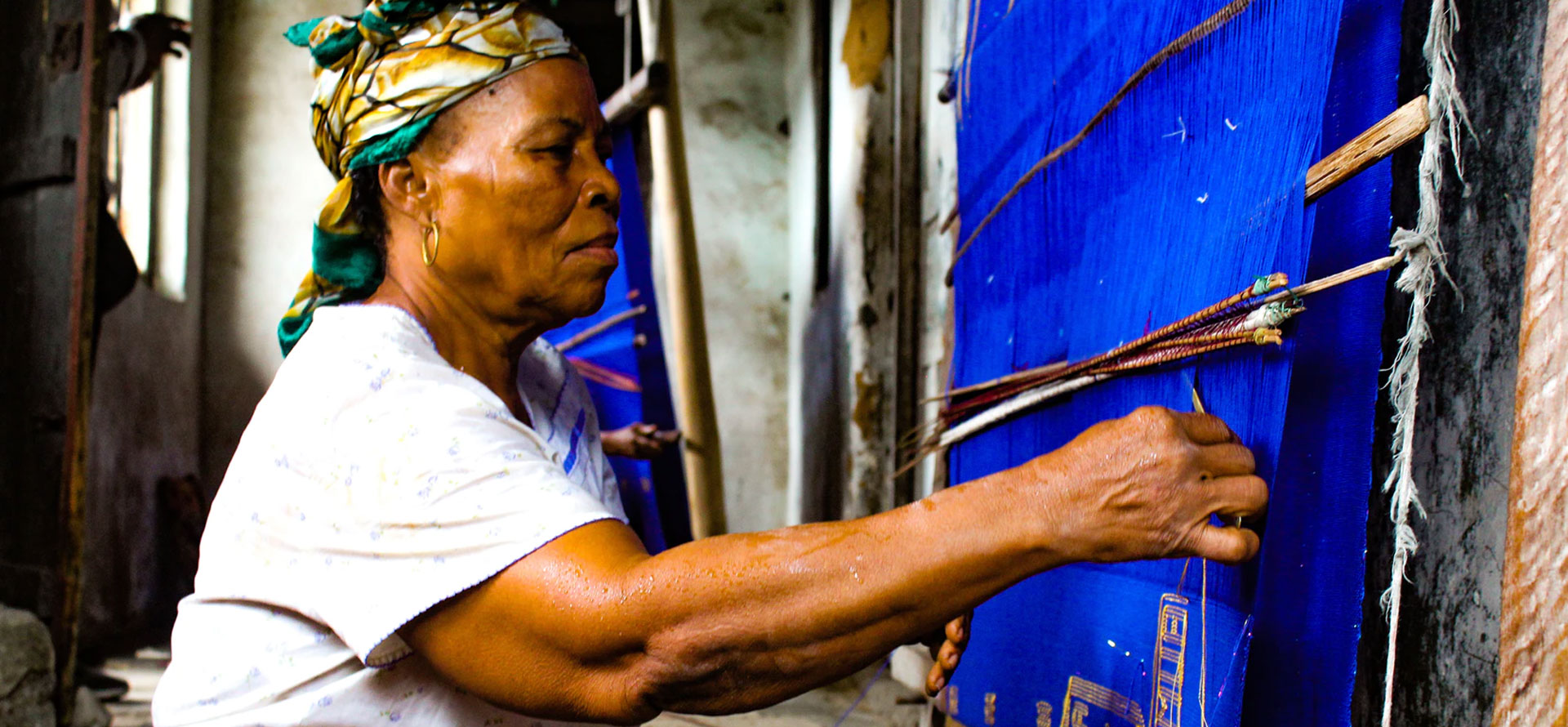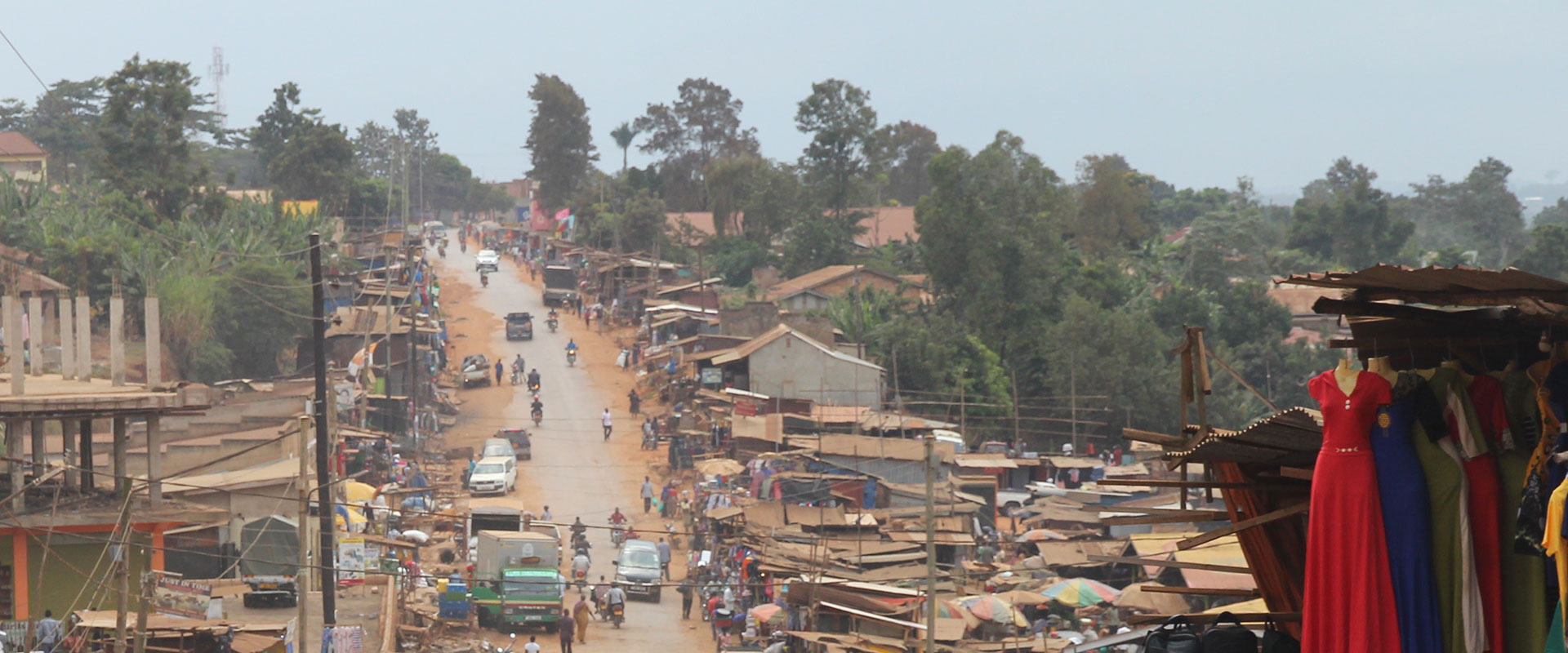Critical Insights from a Rural Water Project in Mozambique

Women’s empowerment is an important goal of global development and rural water projects in particular, yet what it means and how to achieve it in a given context is often misunderstood by development practitioners.
In 2010, the vast majority of rural households in northern Mozambique collected water from distant and unprotected wells and rivers. To address this critical development issue, the United States aid agency, the Millennium Challenge Corporation (MCC), installed 600 hand pumps as part of a larger compact with Mozambique’s government.
The MCC followed a widely used gender mainstreaming policy that emphasized the need to consider women’s concerns, solicit women’s opinions in decision making, and involve women in management and training. Women’s empowerment was a focus for the MCC, based on the fact that women and girls were largely responsible for fetching water.
Women’s empowerment was a focus for the MCC, based on the fact that women and girls were largely responsible for fetching water.
The MCC predicted women would save time collecting water, improve their health, and start income-generating activities. The project evaluation indicators converted these outcomes to an economic rate of return model, which focused on the income women were expected to earn in the time freed from water collection.
This rural water project was evaluated from an ethnographic perspective over eight years to understand how the MCC’s gender approach unfolded on the ground from the community’s perspective. In fact, there has been little research into how women experience the gender mainstreaming or perceive the impacts of new hand pumps. Success is typically not evaluated collaboratively, and is instead narrowly judged by the donor’s indicators: the number of handpumps installed, the number of people served, and the amount of income earned.
On the ground in northern Mozambique, the common development conceptualizations of women as oppressed—by tradition, men, culture, work, and/or religion—were inappropriate for the context. In this region, the society was matrilineal and women already had a lot of authority, which included control of the customary water sites. These water sites were also important social spaces where women exchanged information, shared work, socialized their children, and had freedom outside the home and away from men. The traditional water sites were often secluded, while the new hand pumps were centrally located, depriving women of a place to socialize and bathe in privacy. Women lost control at the water points and found their behavior supervised by an appointed water committee.
On the ground in northern Mozambique, the common development conceptualizations of women as oppressed—by tradition, men, culture, work, and/or religion—were inappropriate for the context.
While women were unlikely to be the water committee presidents, they were burdened with most of the day-to-day work of collecting tariffs, and cleaning and supervising the pump. None of the work on the water committee was paid, and the minimal training provided failed to provide women with skills they could use to improve their lives.
Although the MCC conceived the hand pumps to be a community development project, they were not used by the majority of the population. People located far from the hand pumps, those unable to pay the monthly fee, and followers of Renamo, the minority political party, felt excluded from using the pumps. The data show that the number of people using the hand pump declined quickly when households were located farther than 1.2 kilometers from the hand pumps. Some people also preferred the traditional water sources, which they perceived as tasting better than the hand pump water.

In terms of outcomes, health did not significantly improve and the women using the hand pumps did not use the time saved to undertake income-generating activities as anticipated by project implementers. Instead, they spent more time doing household tasks, subsistence farming, and caring for their children. These valuable outcomes were not considered by the project evaluators because they could not easily be converted to an economic value.
Key lessons
The gender outcomes of this project challenged the expectations of project implementers and offered several important lessons for rural WASH projects and development in general.
Lesson 1: Be careful about defaulting to stereotypes of women in low-income countries as passive, uneducated, and oppressed
Take time to figure out how gender roles and relations operate in each context and look for the spaces where women do exercise power, authority and knowledge. Build from these dimensions of women’s power, while at the same time addressing barriers they face to fully participating and benefitting from a project. In terms of water projects, this means including women in the siting of a new water point and designing the site to include features of the customary sites that women value, such as privacy, shade, and a bathing and laundry area.
Lesson 2: Approach gender as a concept tied to particular power relations and inequalities, rather than as a technical, apolitical category that can be easily measured and reported on
For the MCC, gender mainstreaming was reduced to following a generic blueprint that involved counting the number of women in meetings and on the water committee, rather than meaningfully including women in decision-making and addressing gender dynamics.
Lesson 3: Adopt an intersectional perspective to gender
Not all women have the same priorities, resources, or interests related to water. In Mozambique, gender intersected with age, household structure, class, political affiliation, and geography to determine who participated in the project and used the hand pumps. Development projects need to adopt an intersectional perspective that considers the relevant areas of social difference in each context, rather than assuming that all women are simply disadvantaged.
Lesson 4: Form management groups based on existing structures and the individuals who are already managing the resource and doing the work
In most cases, women are already doing the daily management of customary water sources and should have the opportunity to be the leaders at the new water points. In the Mozambique project, the predetermined model of six men and six women, used widely to manage rural water points, created social tension at the hand pumps and eroded women’s traditional authority. Management committees also need to be structured to ensure that women are not burdened with more unpaid work and that they receive some value (e.g., skills, income, respect) from their position.

Lesson 5: Ensure that project goals and expectations align with the desires of the community
The Western vision of the self-reliant, modern, and economically independent woman was not the primary motivator for women in northern Mozambique. The women who saved time collecting water felt relieved and proud that they could perform the activities expected from a Makhuwa wife and mother, and did not use their free time to enter income-generating activities as expected. It is important to understand women’s values, motivations, and incentives and recognize and respect women’s perspectives and decisions, even if they may not appear to outsiders to be empowering.
Lesson 6: Work collaboratively with the community to generate monitoring and evaluation indicators
Indicators typically reflect the values, ideologies, and expectations of project implementers, which may be distant from the community’s understandings of impacts. Co-creating monitoring and evaluation indicators with the community offers a more accountable and truthful way of understanding change. This requires some flexibility from donors to adapt projects alongside evaluation indicators to meet community goals. Evaluation indicators should also be broadened to include potential social and cultural costs alongside benefits.
Women’s empowerment is a multi-dimensional concept that should be locally defined by the women involved in the project.
Collaborators
Fulbright Scholars Program offers nearly 470 teaching, research, or combination teaching/research awards in over 125 countries.
WE-Consult is a consulting firm specializing in water resources and environmental work in Eastern and Southern Africa.
Virginia Tech is a public, land-grant, research university with its main campus in Blacksburg, Virginia.
